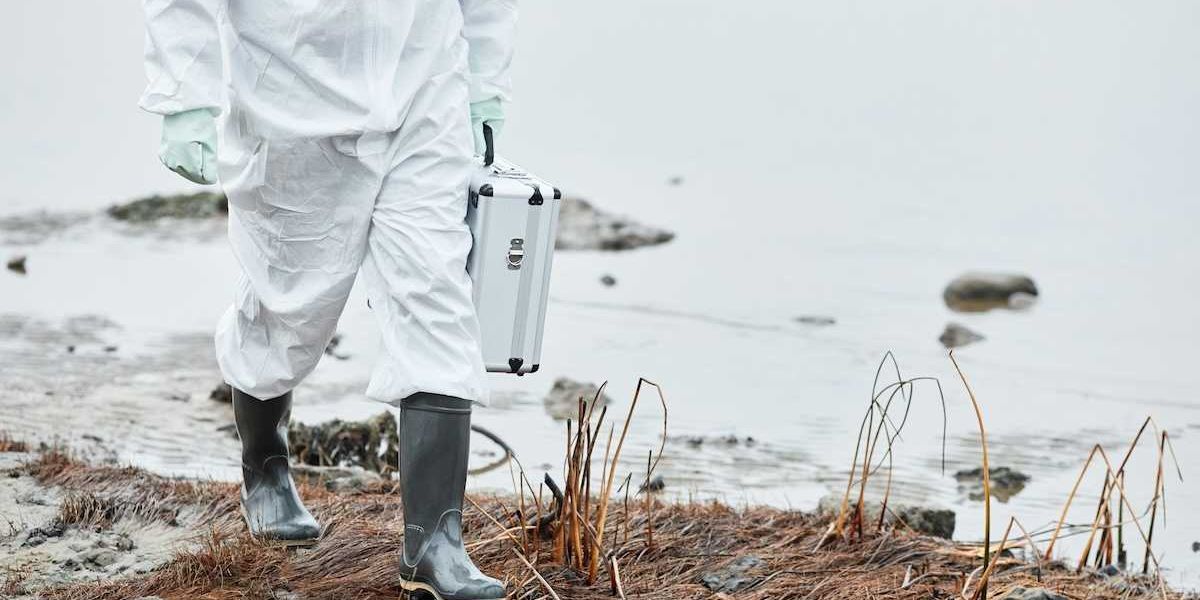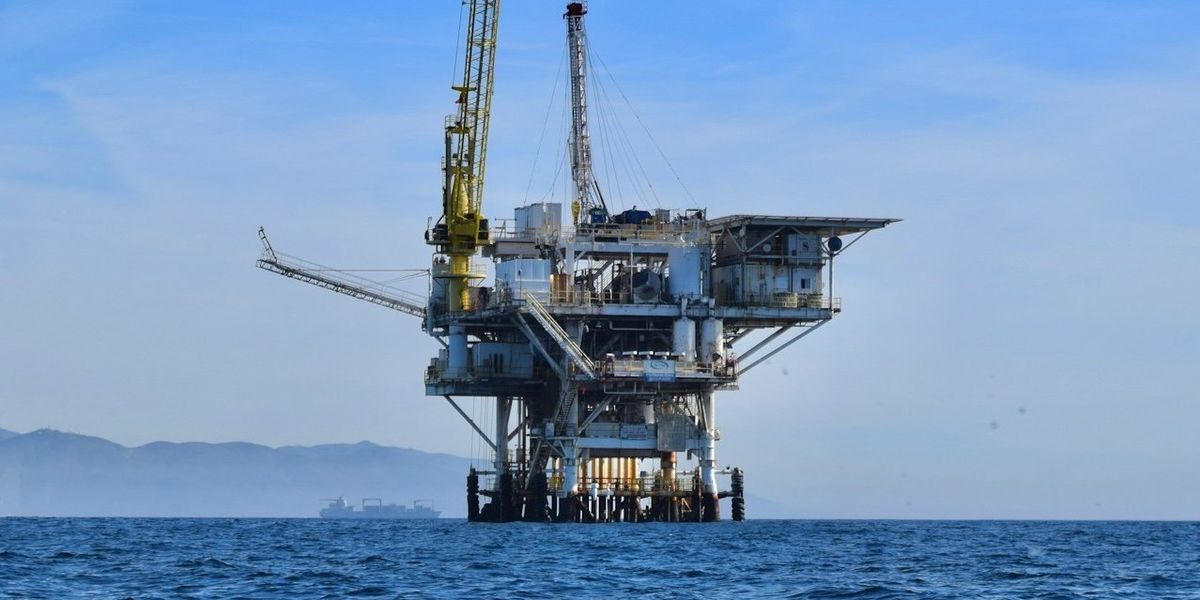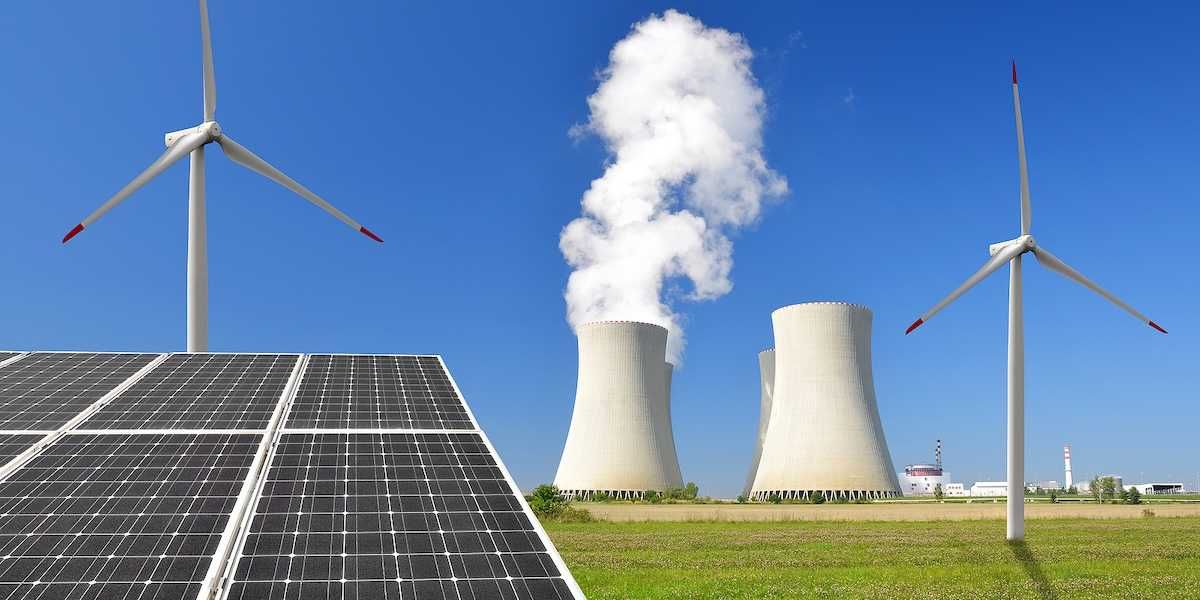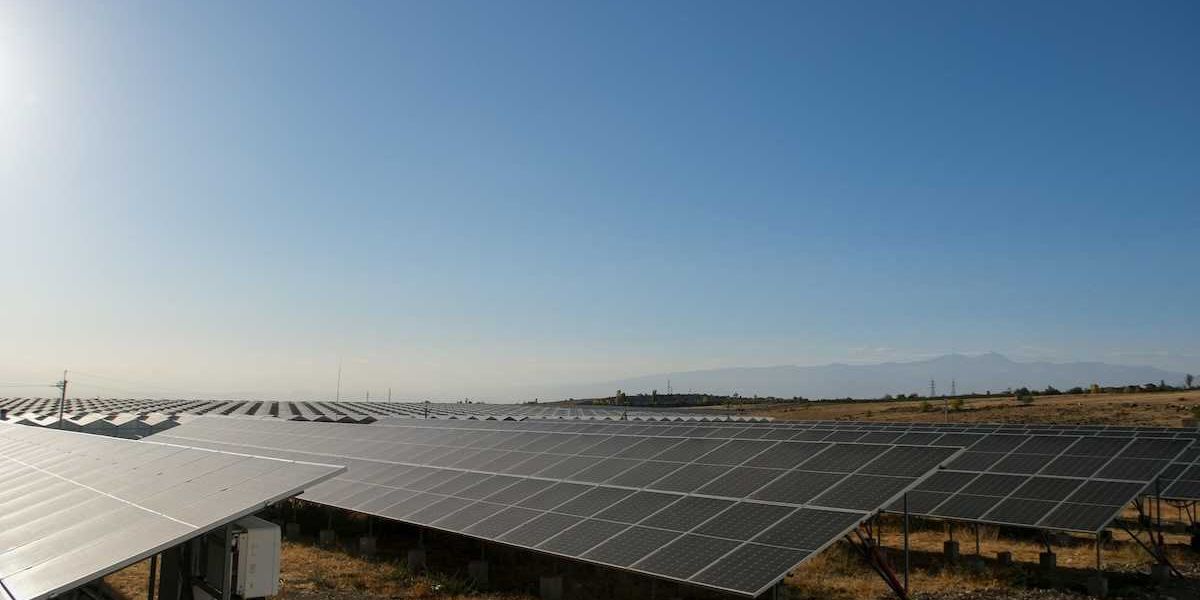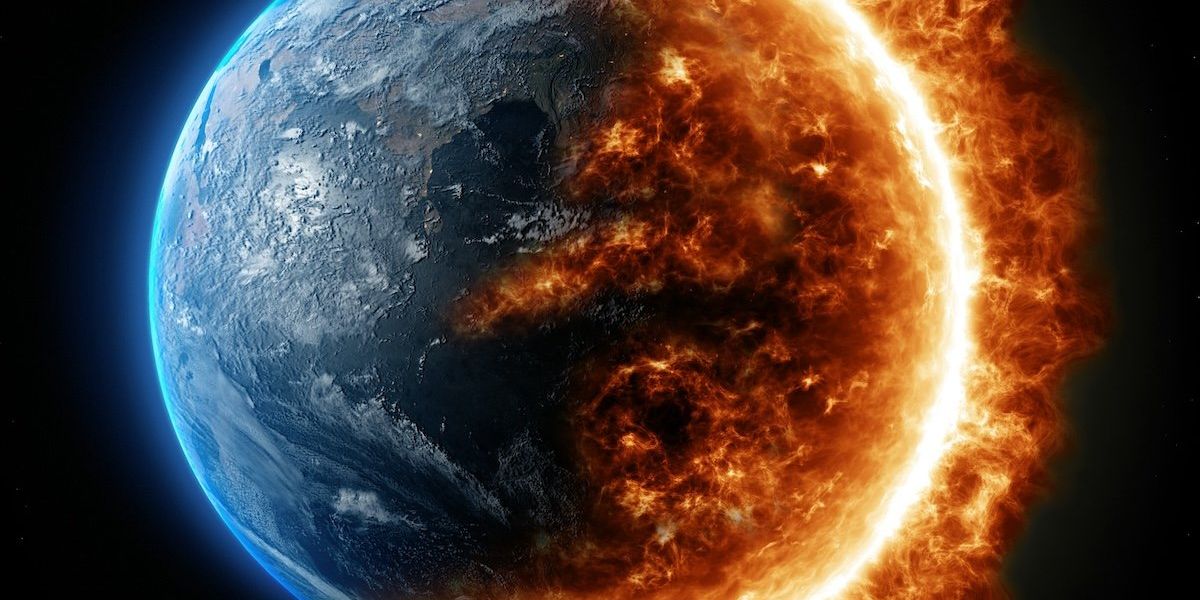NASA shutters iconic New York climate lab as Trump slashes Earth science budget
A once-vital NASA climate lab perched above Manhattan’s Tom’s Restaurant will shut down at the end of May, displacing scientists and reflecting the Trump administration’s efforts to dismantle federal climate research.
Oliver Milman reports for The Guardian.
In short:
- The Goddard Institute for Space Studies (GISS), NASA’s top climate monitoring lab located above the diner made famous by Seinfeld, will close after nearly 60 years due to an executive order reviewing federal leases.
- About 130 scientists are being forced to work remotely without a clear plan for relocation, as the administration seeks to slash NASA’s Earth science funding by 50%.
- Despite the building’s modest lease and recent multimillion-dollar renovations, the shutdown appears driven more by ideology than cost-saving, sparking concern among former and current GISS scientists.
Key quote:
“They are trying to kill the messenger with the bad news, it’s crazy.”
— Dr. James Hansen, former director of GISS
Why this matters:
Climate science doesn’t happen in a vacuum — it needs infrastructure, continuity, and institutional support. GISS has played a critical role in shaping our understanding of global warming, from building the first climate models to documenting the accelerating pace of planetary heating. Its closure threatens not just a symbolic center of climate research, but the very mechanisms by which we monitor and respond to environmental change. Shuttering this lab sends a message that scientific expertise, especially in politically sensitive areas like climate, can be sidelined. The lab’s closure isn’t happening in isolation — it echoes a broader pattern of devaluing federal science, from vaccine research to weather forecasting.
Related: Push to privatize NASA and NOAA climate research sparks backlash from Maryland lawmakers


